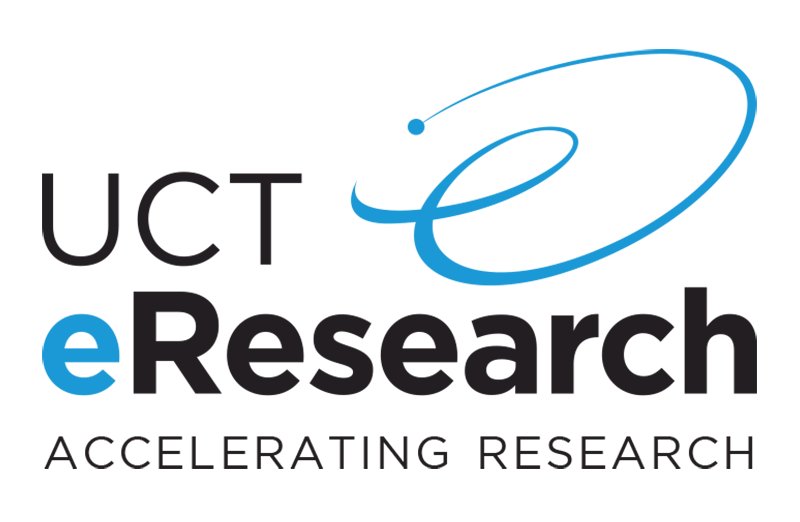UCT ramps up research software engineering momentum

By Anelda van der Walt
Just weeks after July’s Sustainable Research Software Engineering (RSE) workshop in Cape Town ignited fresh energy for building African research software capacity, UCT has taken the next step by convening key stakeholders to shape the university’s own RSE initiative.
On 7 August 2025, researchers, software developers and institutional leaders from across UCT met online to chart a path forward. The meeting, co-facilitated by Prof. Mattia Vaccari and Anelda van der Walt from the eResearch Centre, brought together expertise spanning AI systems, quantum computing, astronomy, bioinformatics, biomedical engineering, digital humanities and professional software development.
The discussion revealed that although research software engineering projects and roles have existed at UCT for several decades, these are often hidden from plain sight because of obscure funding and reward mechanisms, diverse job titles, and the isolated nature of the role. During the meeting, participants presented concrete examples of existing RSE capability and impact.
Prof. Rob Simmonds highlighted CARTA, developed within the Inter-university Institute for Data-Intensive Astronomy (IDIA), noting its global uptake and dedicated support by full-time research software engineers. A complementary case from the Industrial Computational Fluid Dynamics (InCFD) group demonstrated translation from academic code to industrial application, with tools now used in aircraft design by major manufacturers such as Airbus. Collectively, these examples underscore how sustained RSE capacity advances scientific reliability while enabling technology transfer and innovation.
The university’s RSE initiative has been under discussion for some time, but progress has been stalled by budget constraints, challenging HR processes, and limited recognition of just how critical research software is to a research-intensive university.
In July 2025, Prof. Vaccari put action to words by appointing Anelda van der Walt to eResearch Centre to help drive the initiative. As an MSc Bioinformatics student, Ms. van der Walt was already building HIV-focused research software in the early 2000s, years before the term “research software engineer” was coined. She has been involved in the global RSE movement since 2014 and brings a wealth of knowledge along with a national, regional, and international network of collaborators to UCT’s RSE initiative.
“We are excited for the eResearch Centre to take the lead in this initiative”, remarked Prof. Vaccari. “We hope it will aid in creating new career opportunities for highly skilled postgraduate students, postdocs, and research staff with research experience but more interested in pursuing careers as research software engineers.”
The August meeting marked a decisive pivot from discussion to coordinated action. The group agreed on immediate priorities: to establish a connected UCT RSE community that plugs into national and global networks, and to further pursue collaboration opportunities with the RSE community, including colleagues at the University of the Western Cape.
To get involved in the UCT RSE initiative, please contact eresearch@uct.ac.za.
